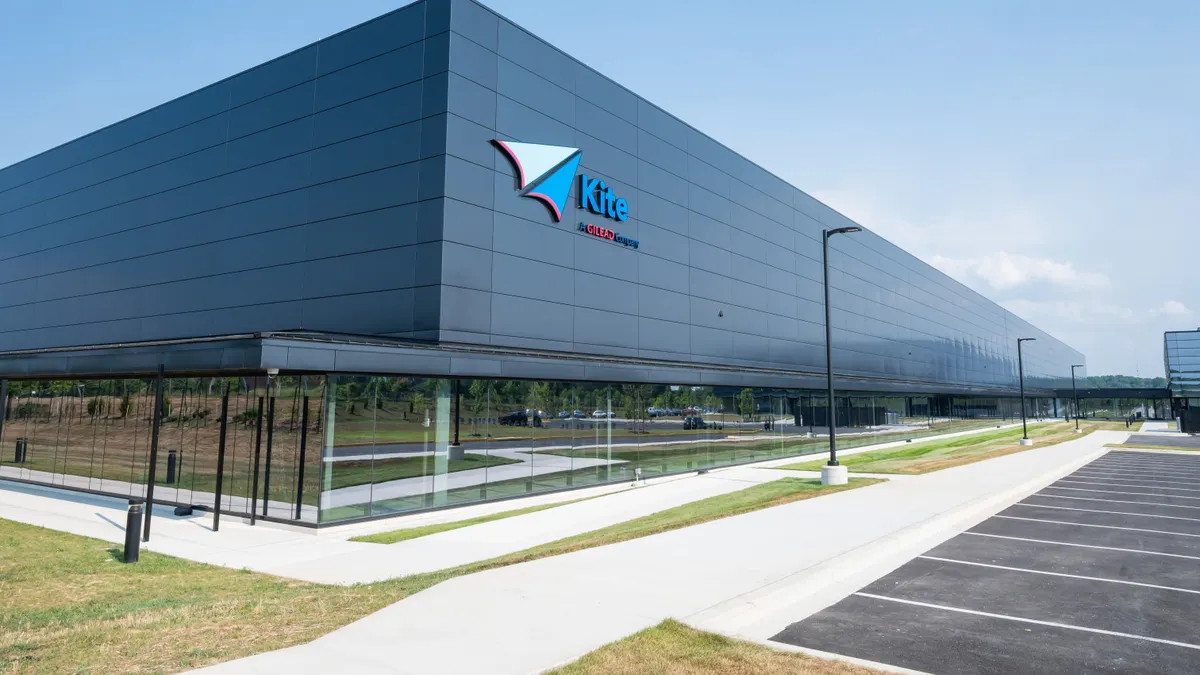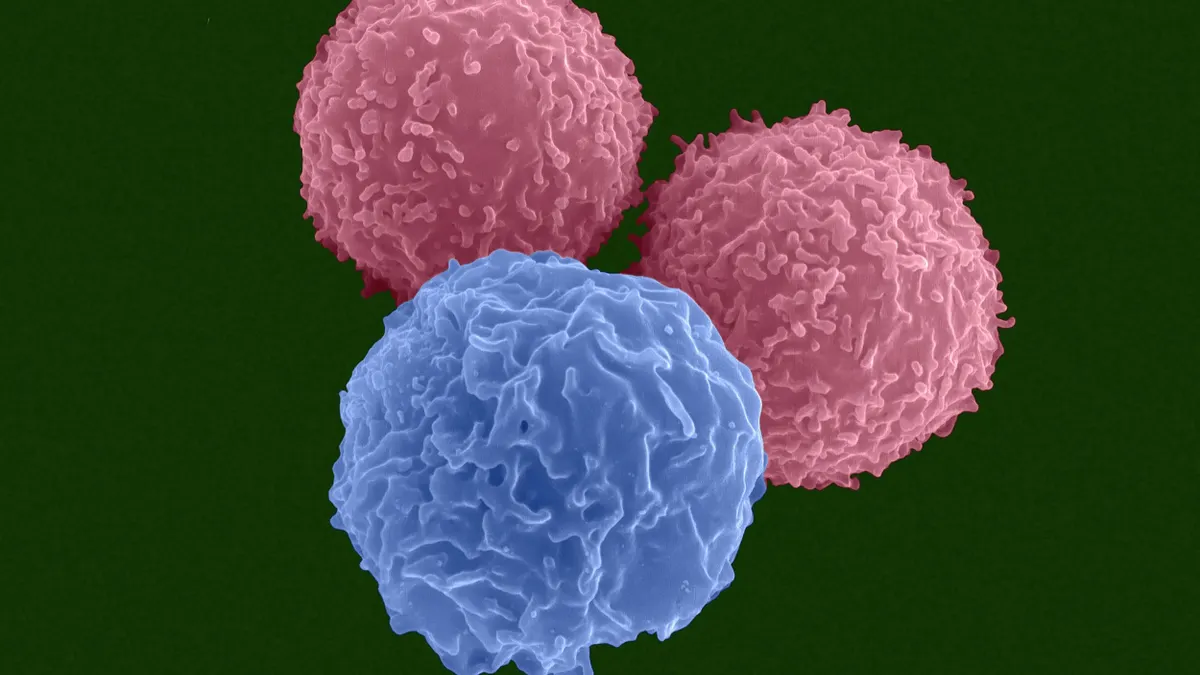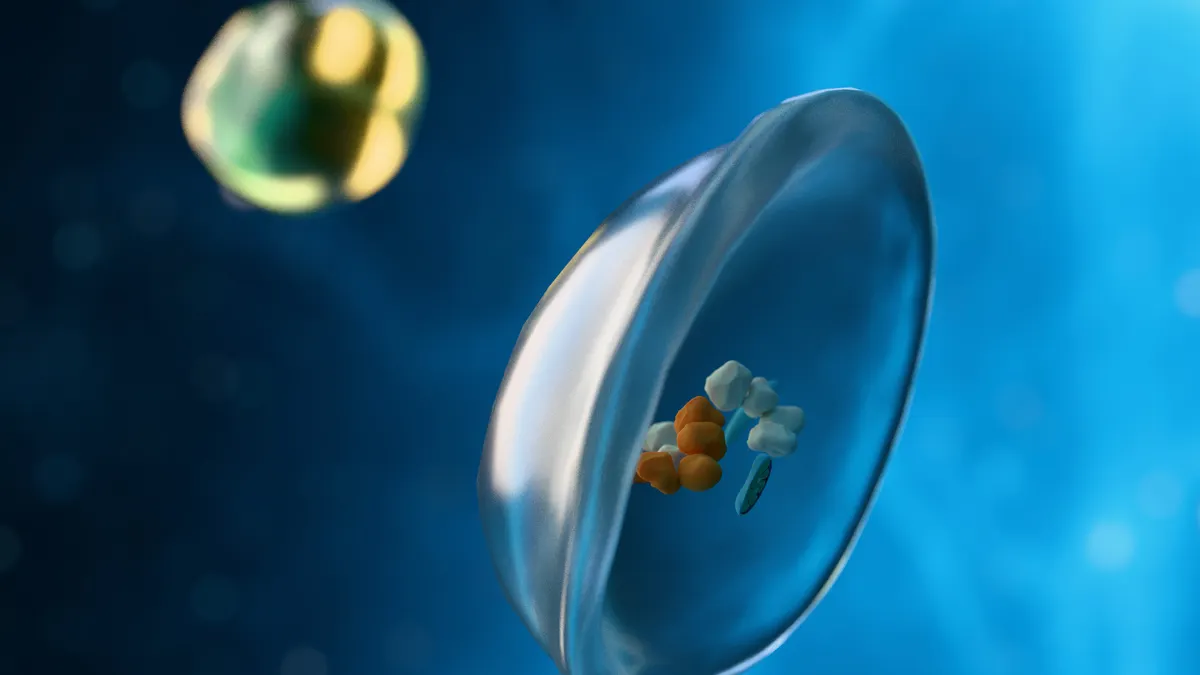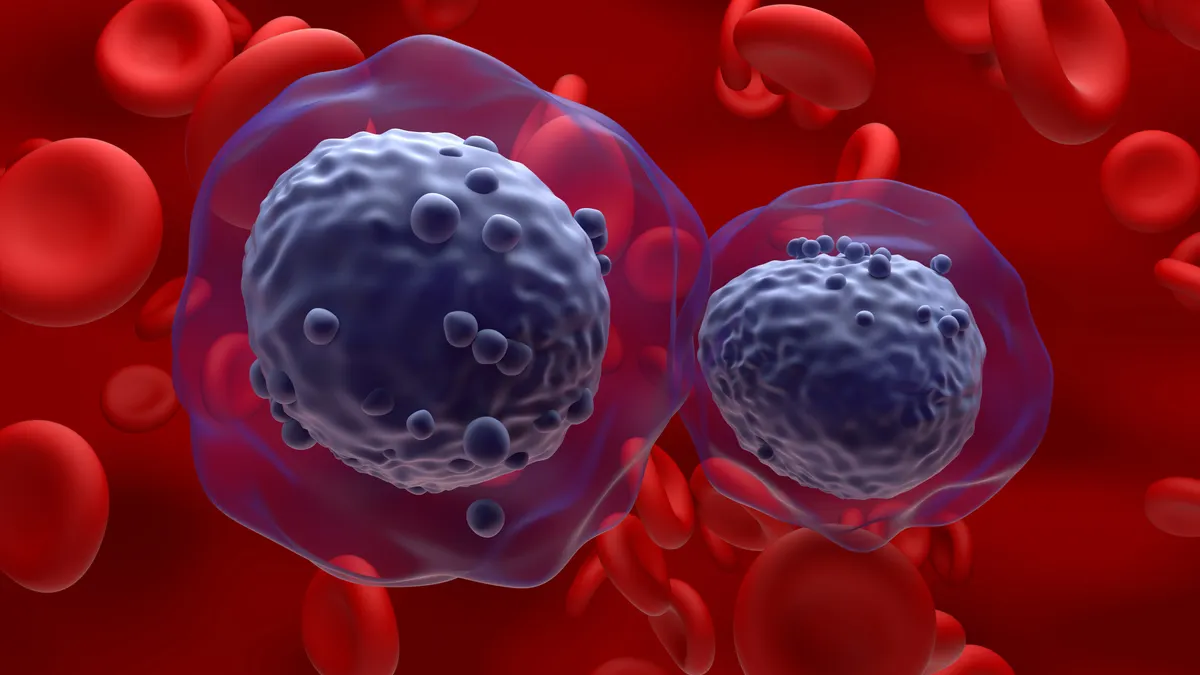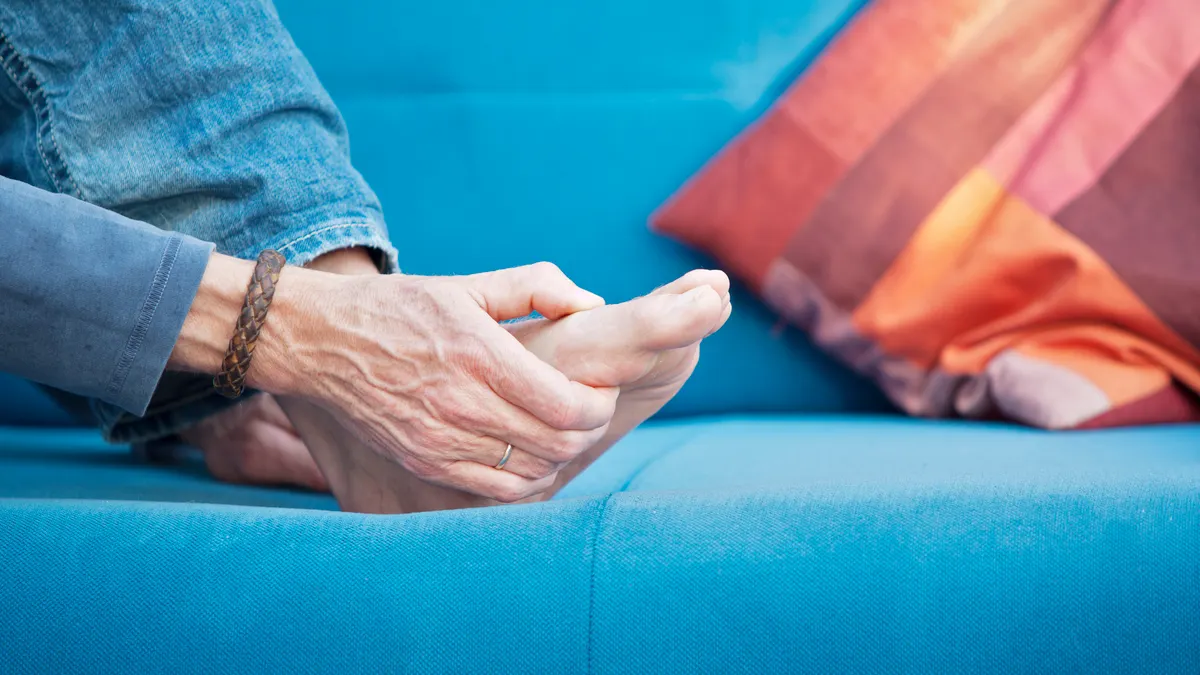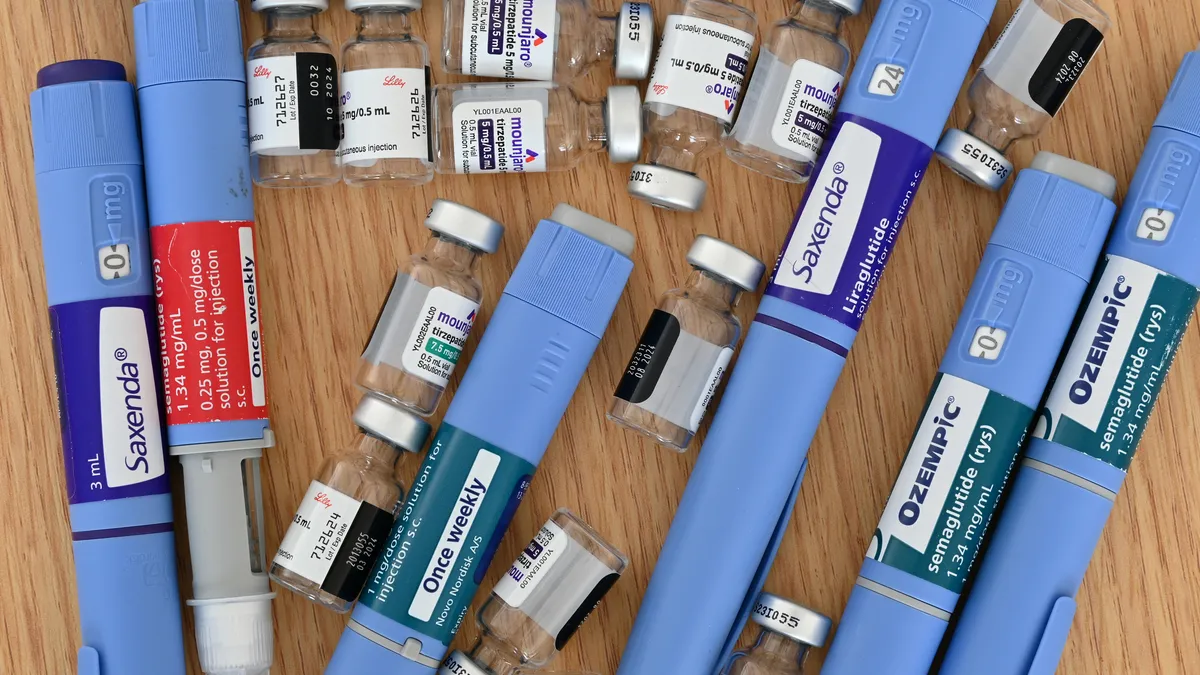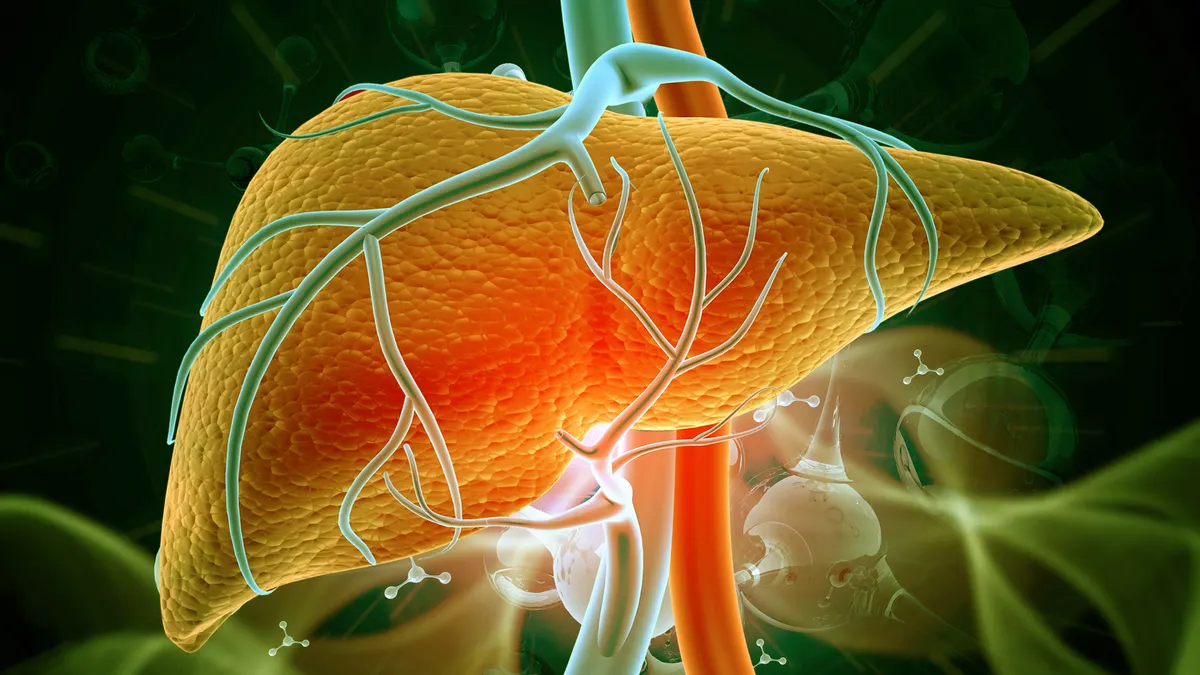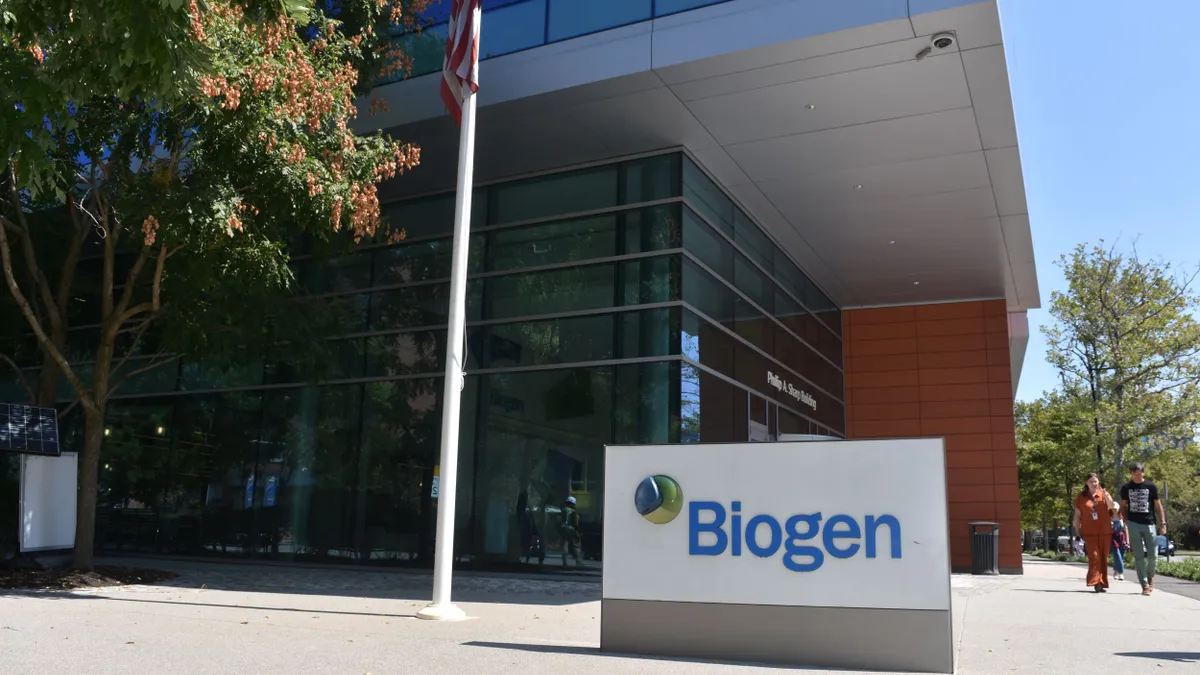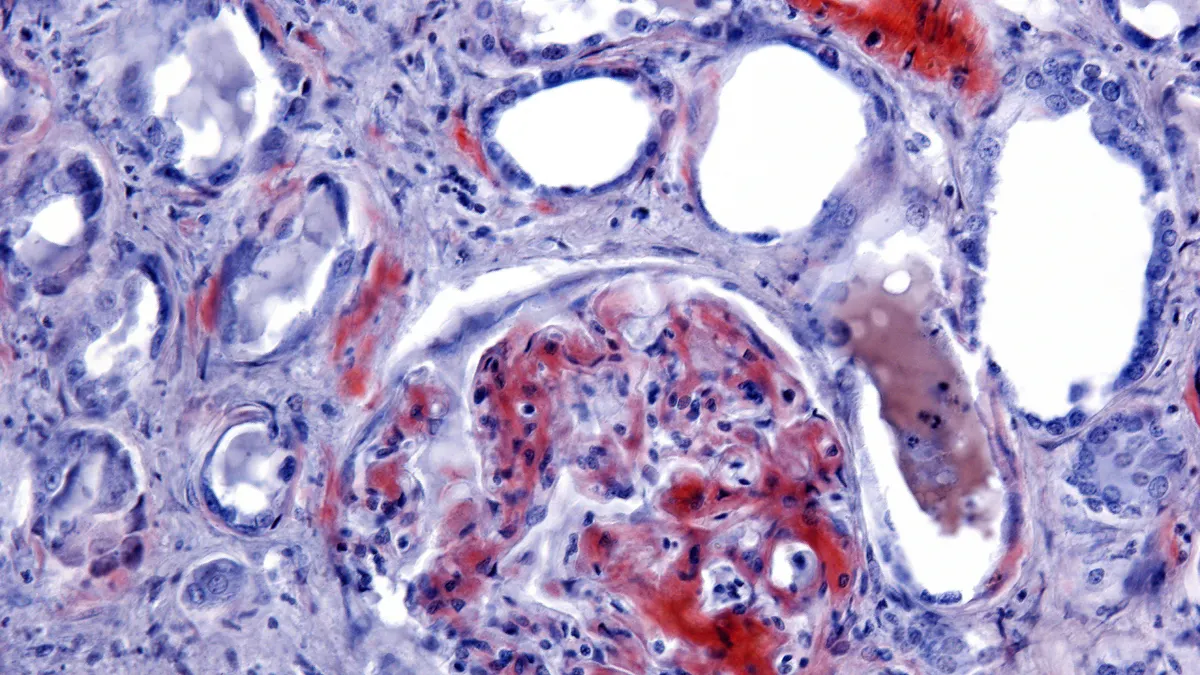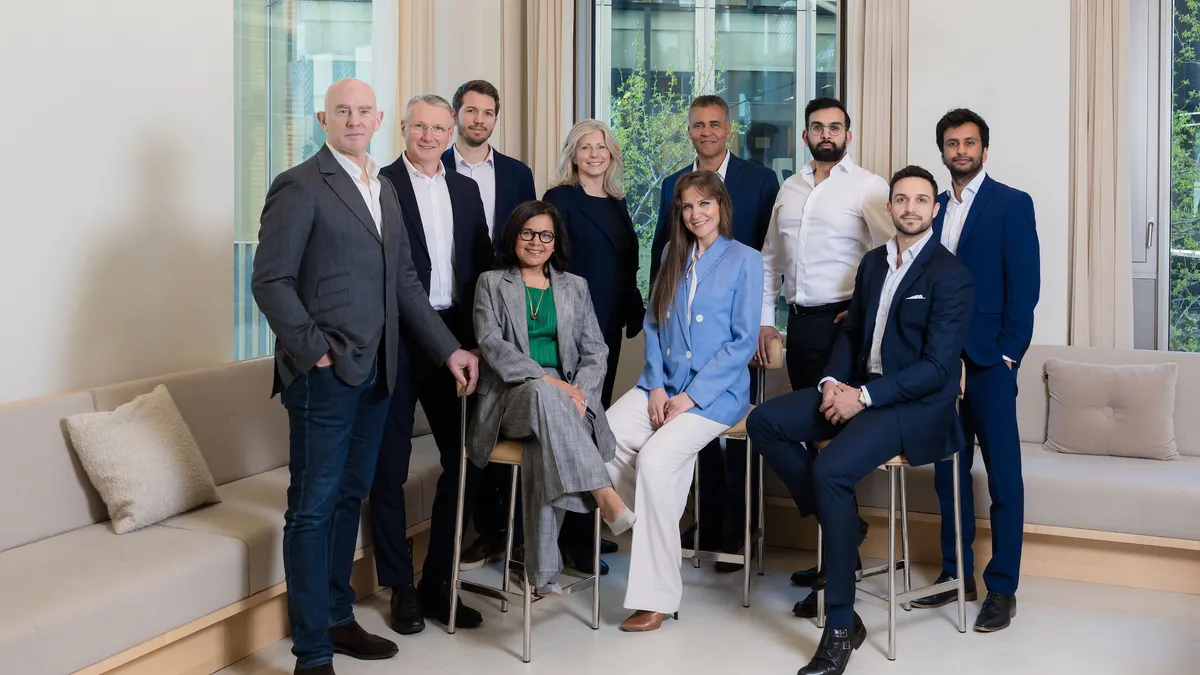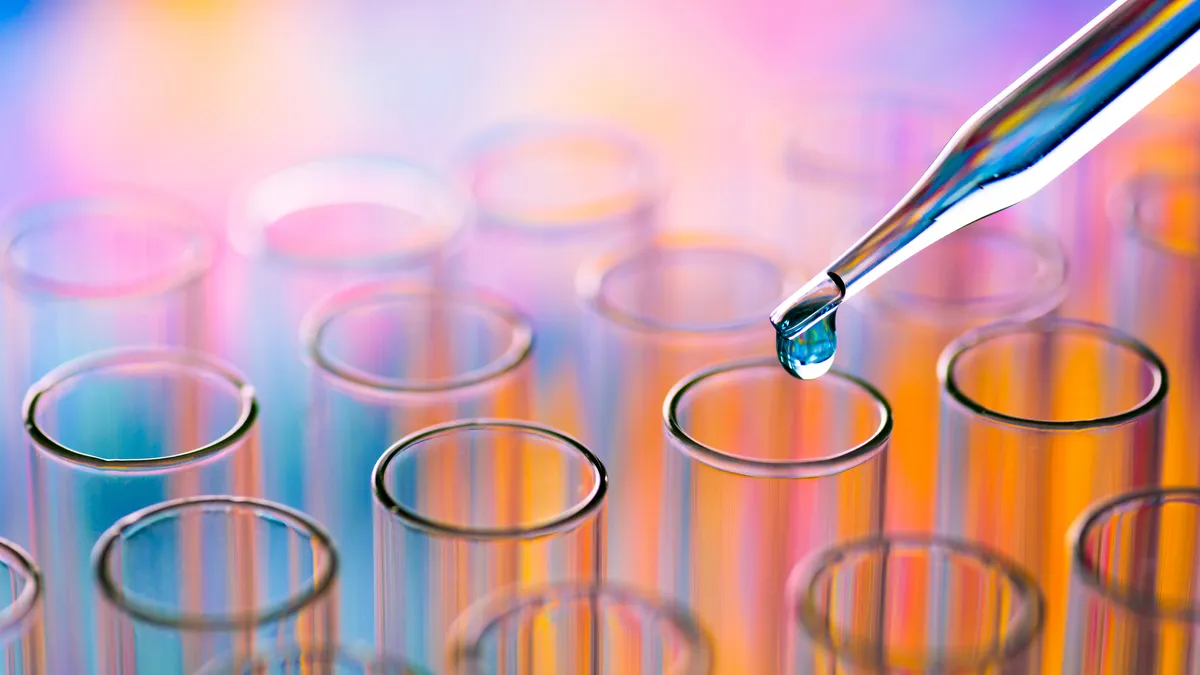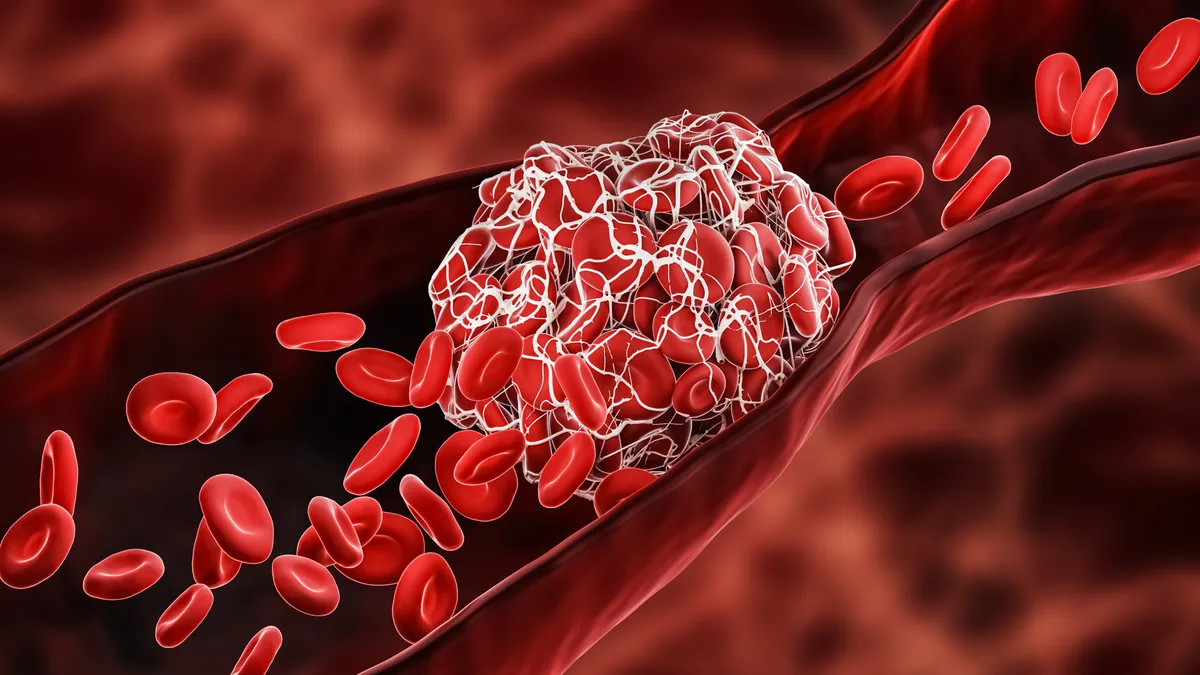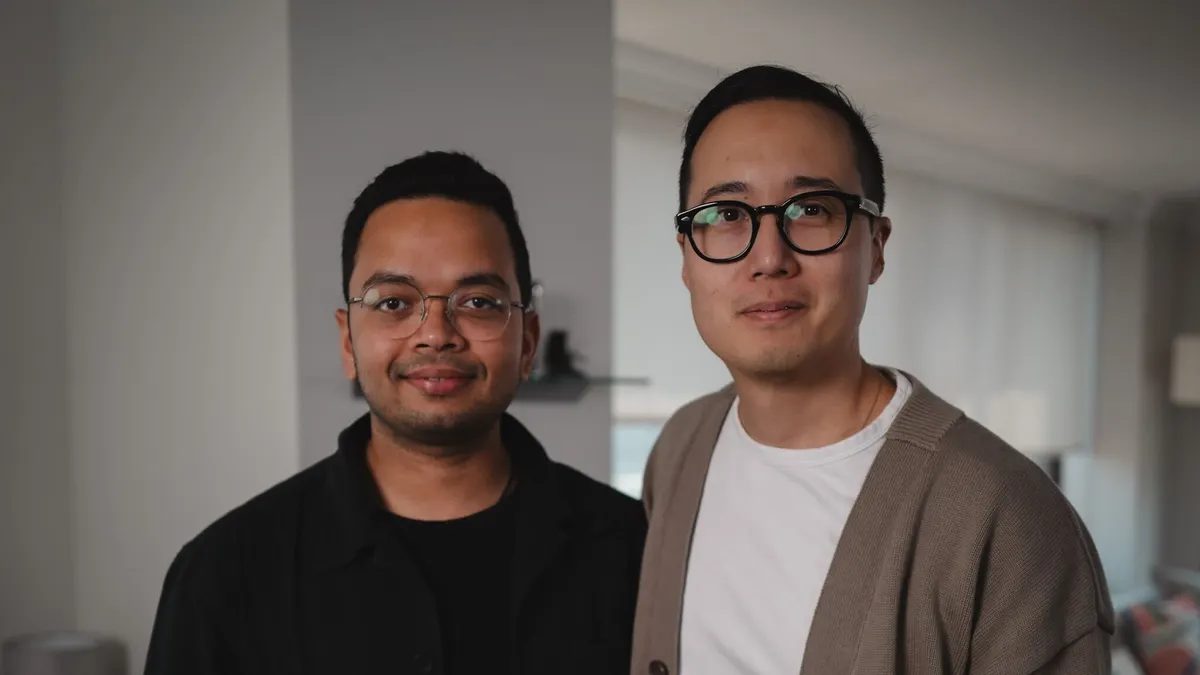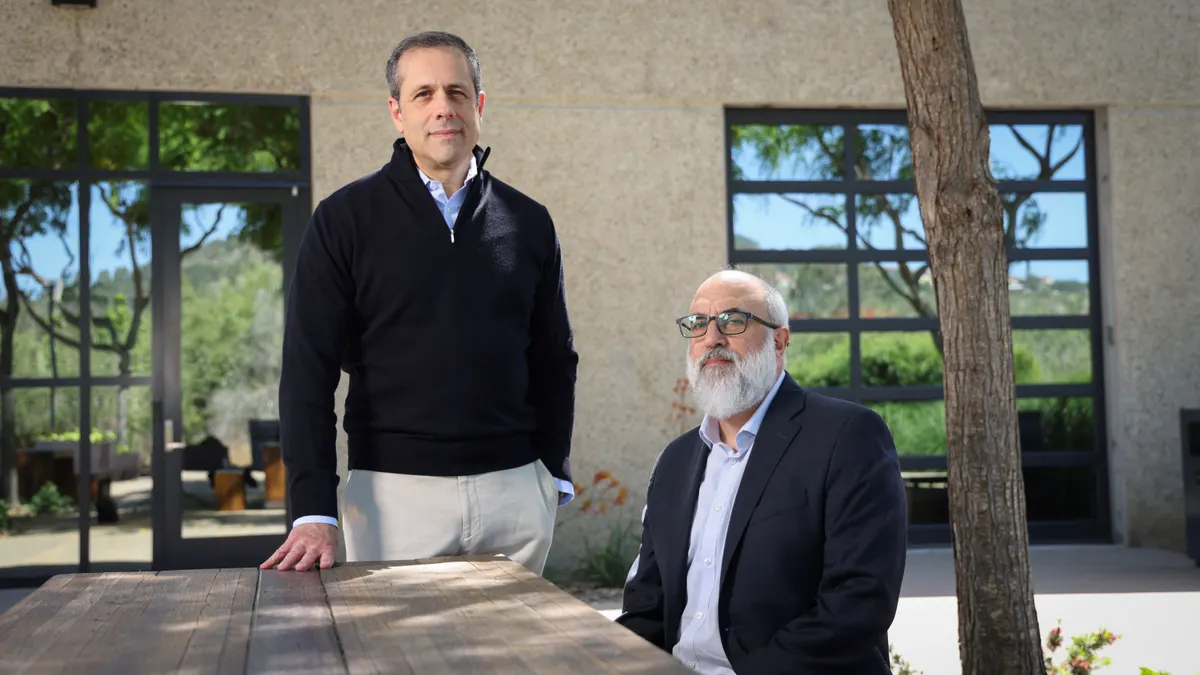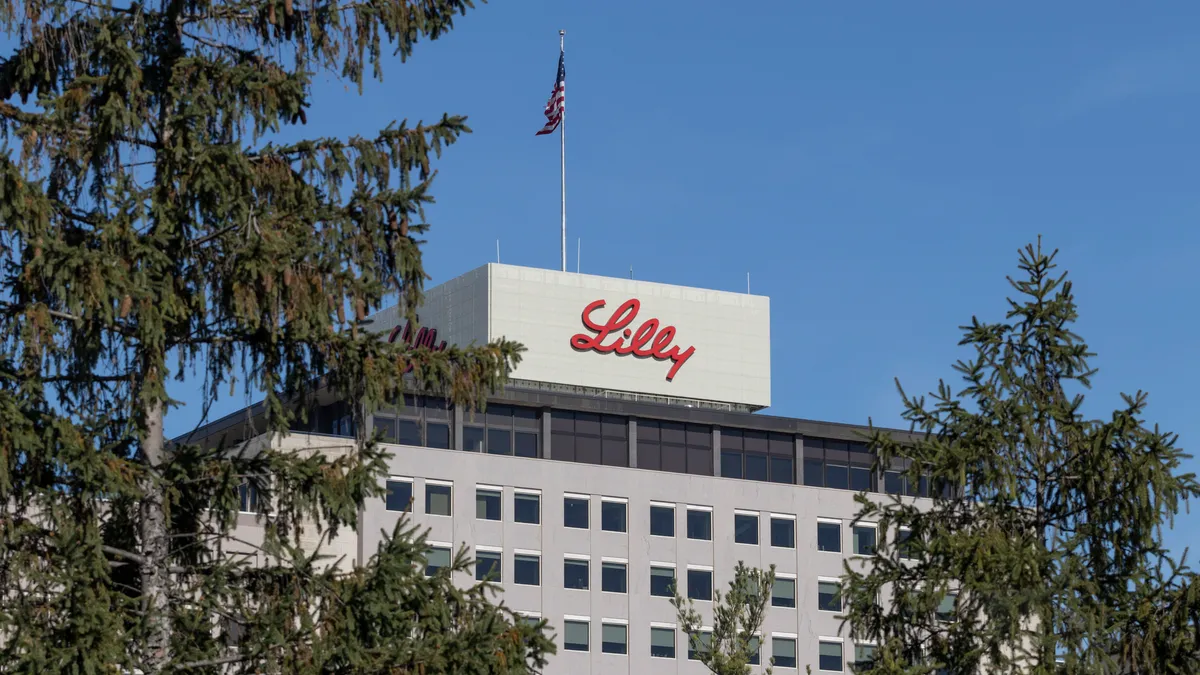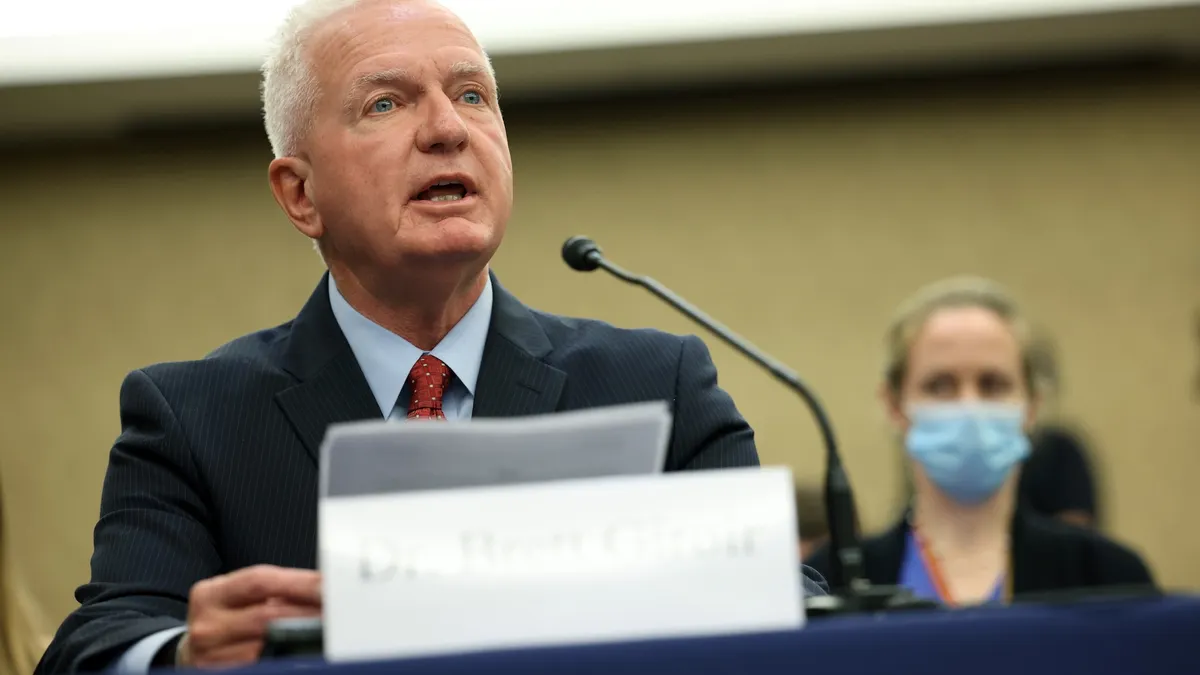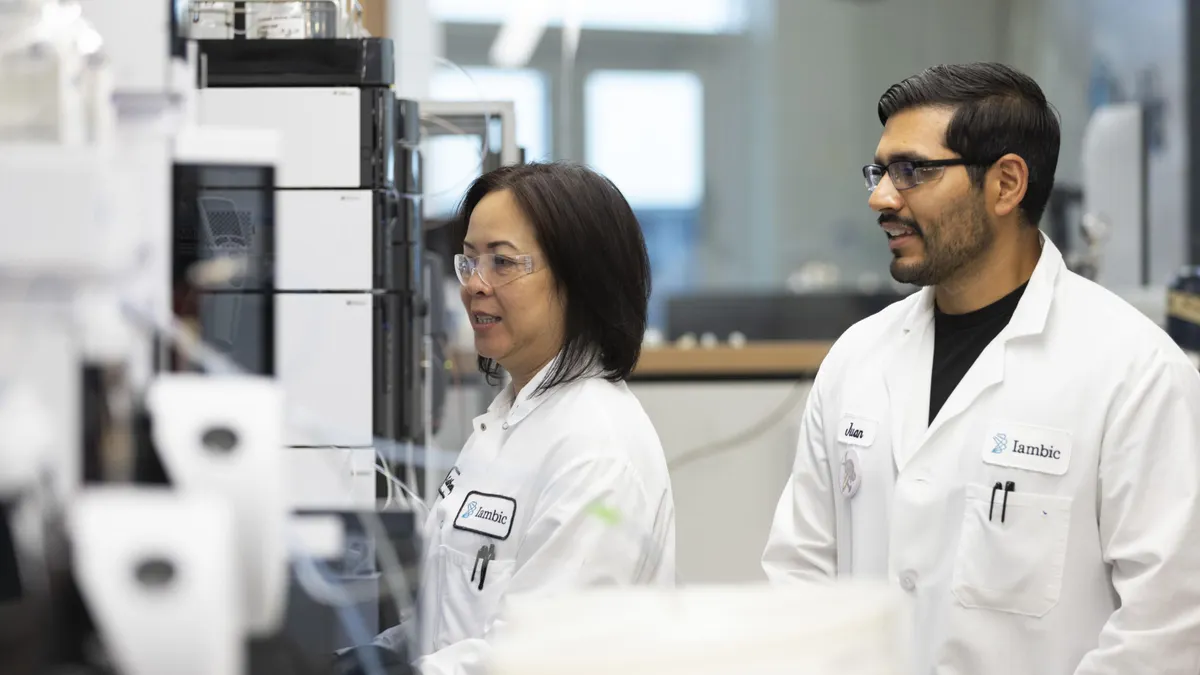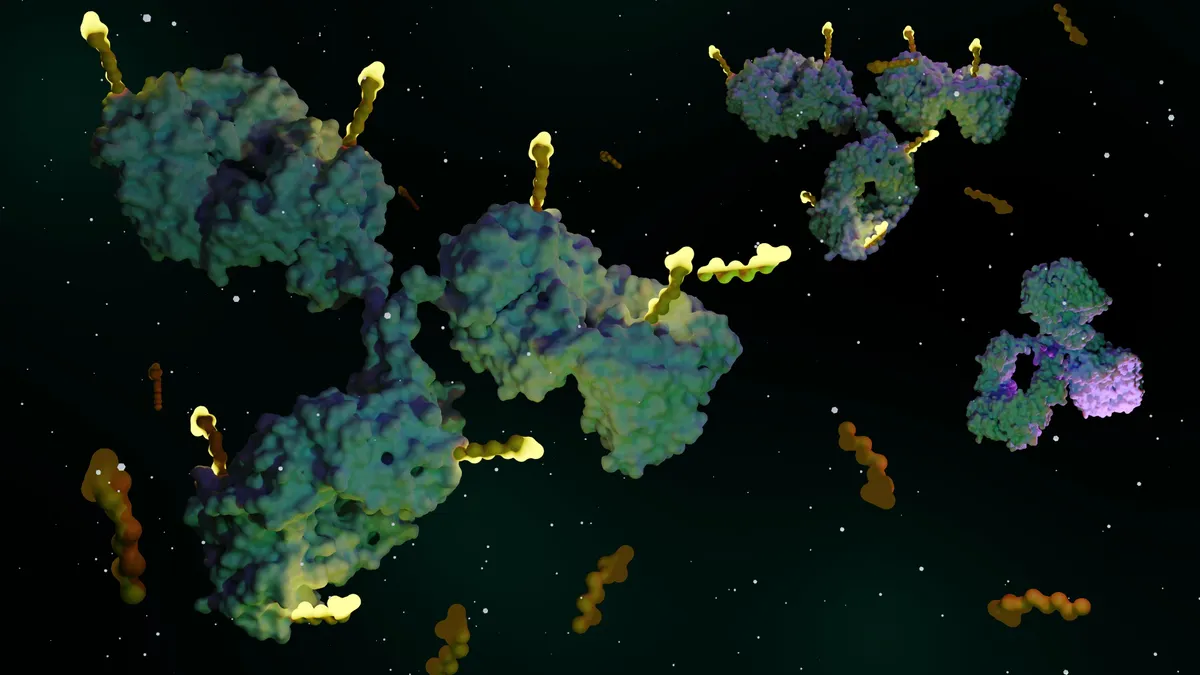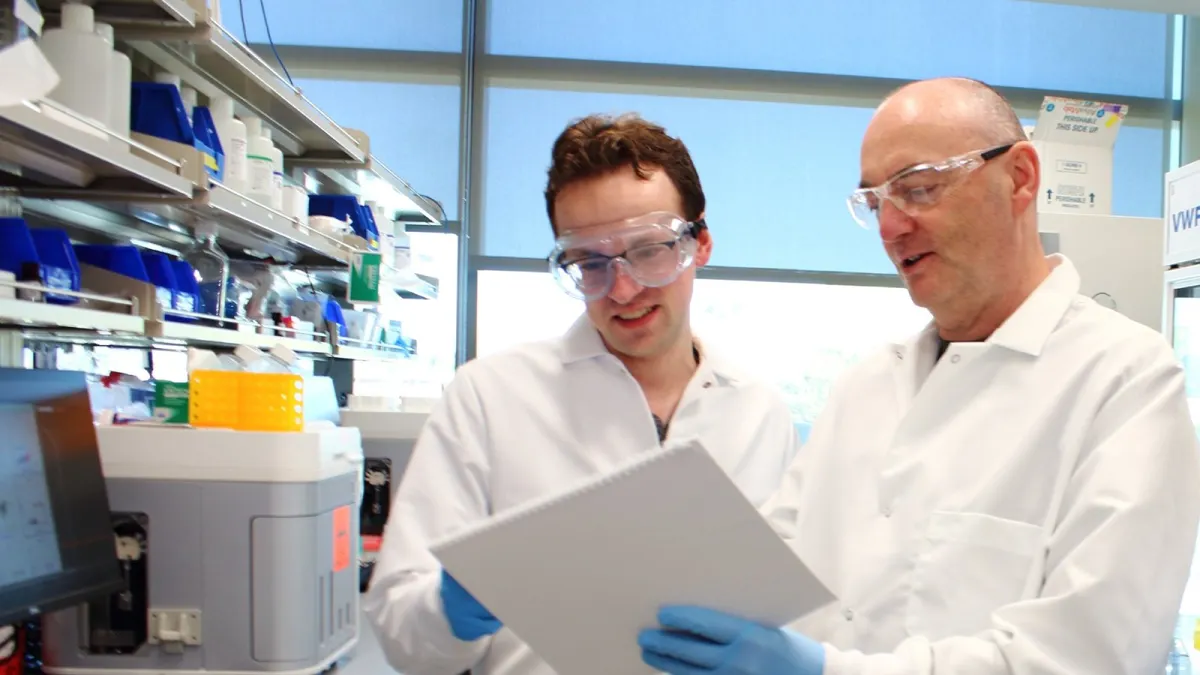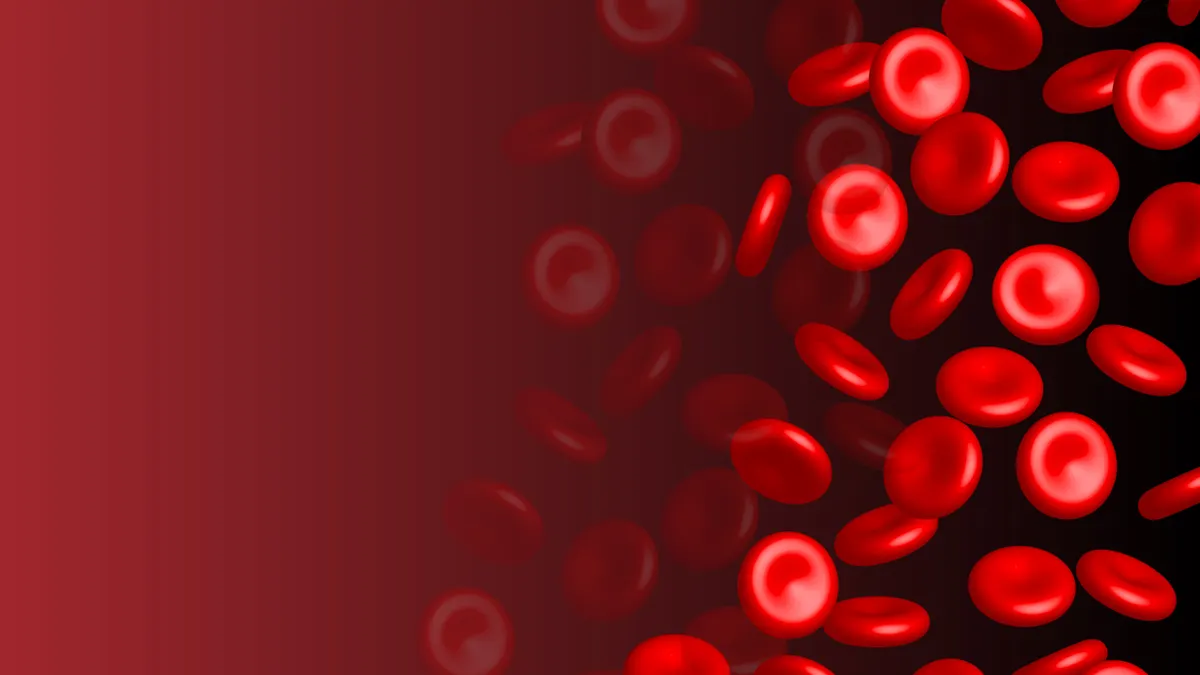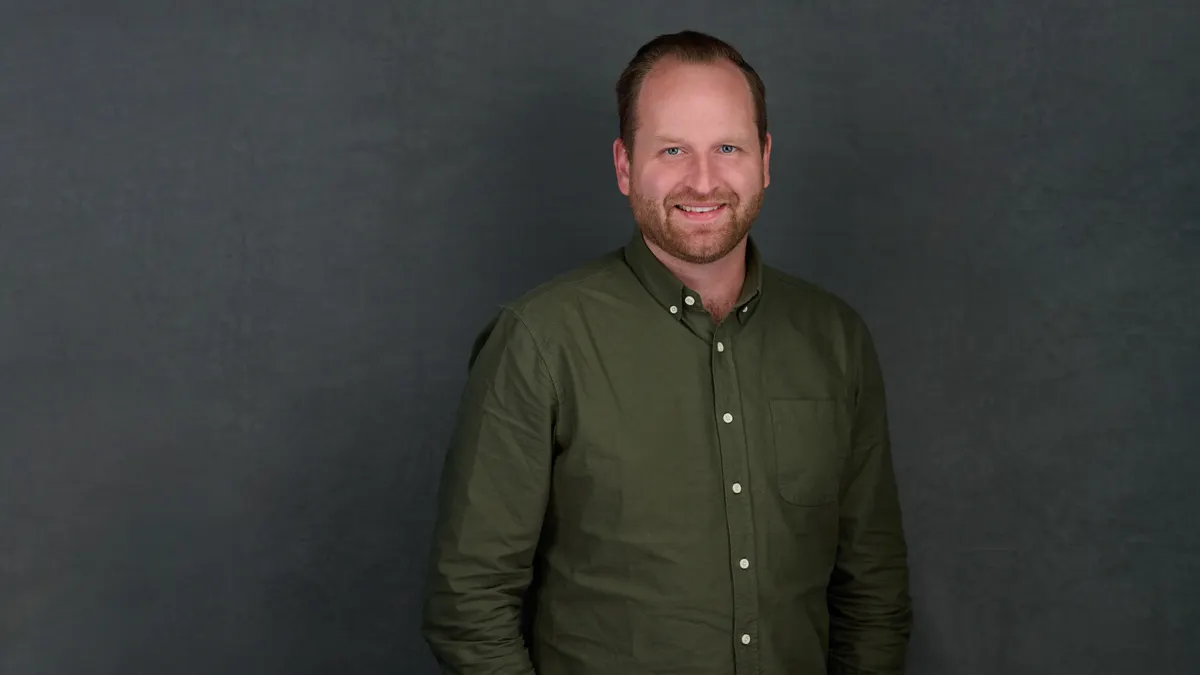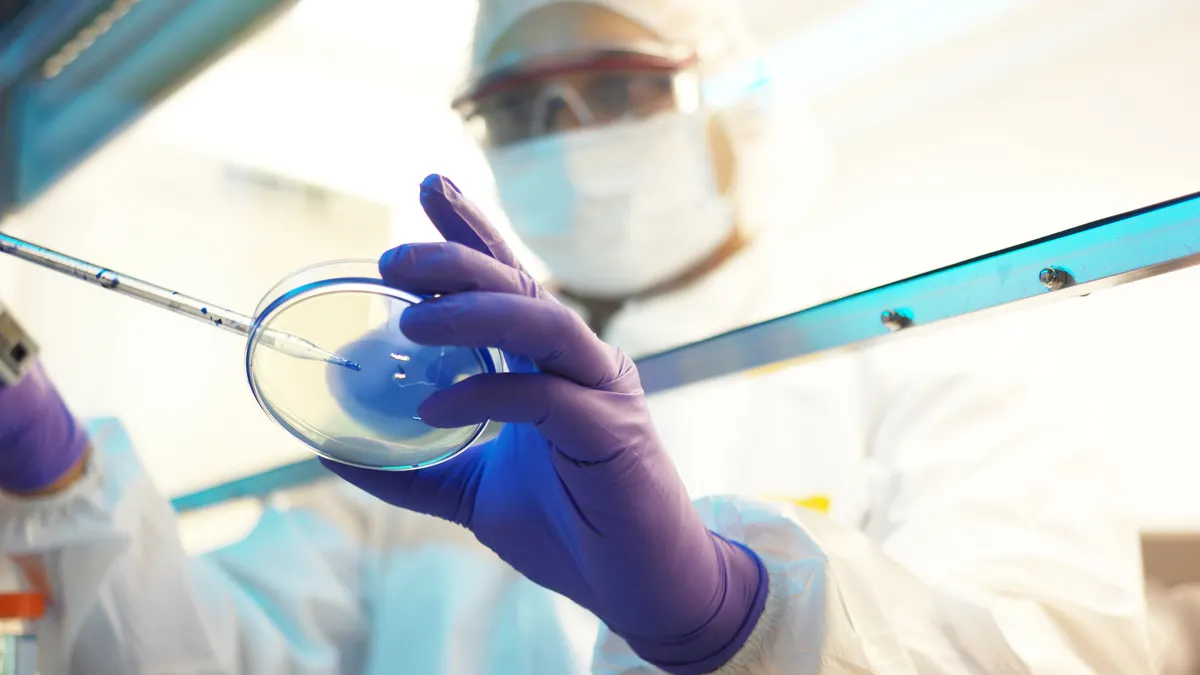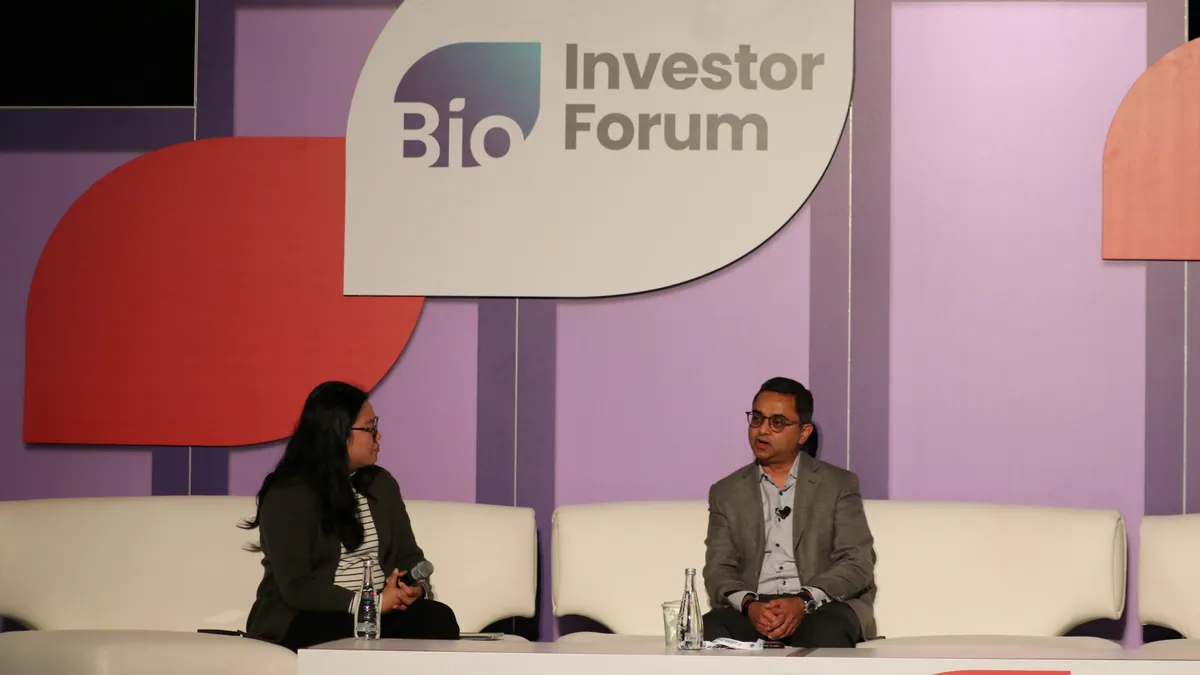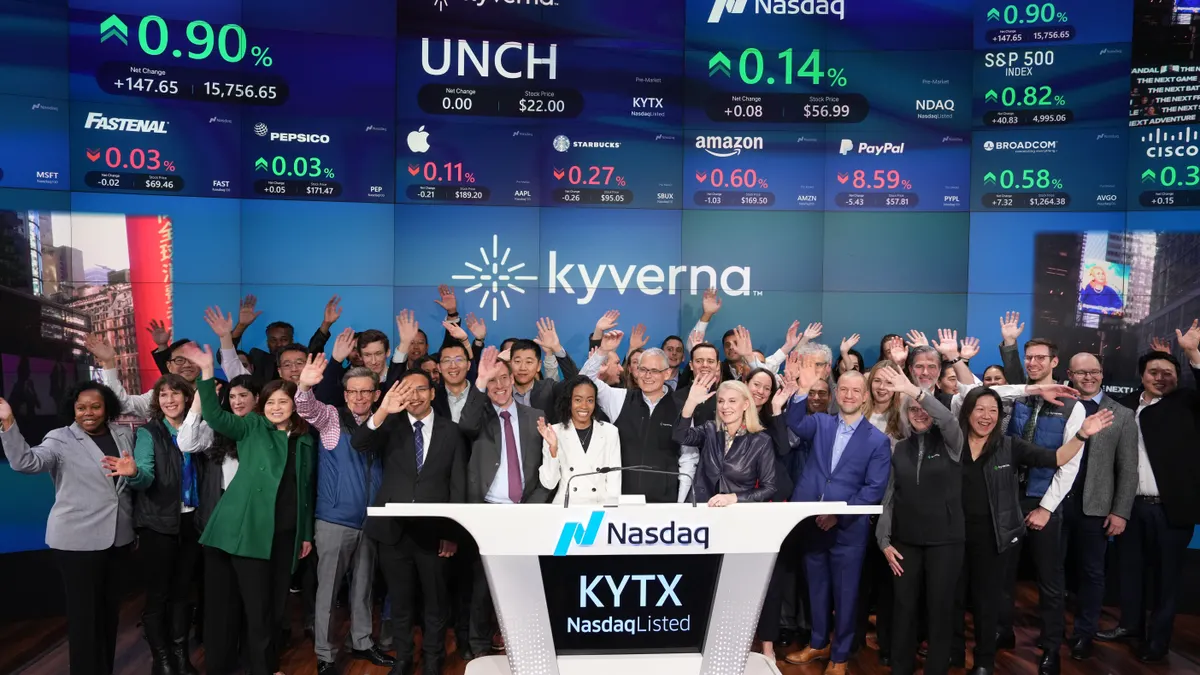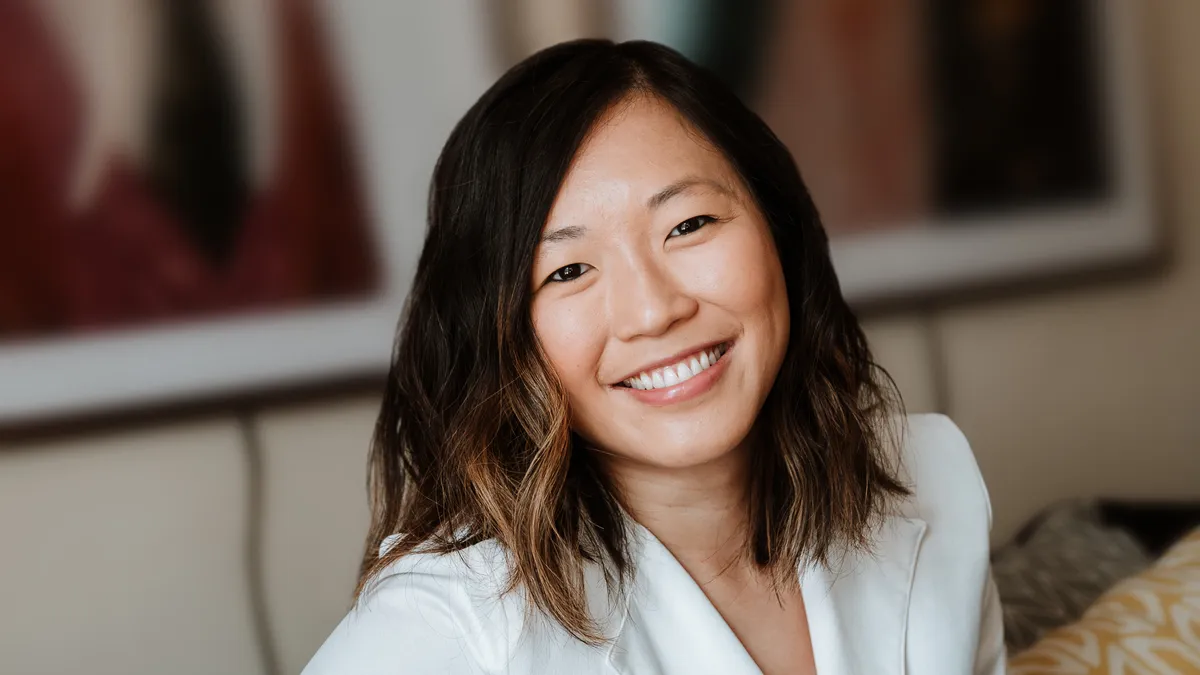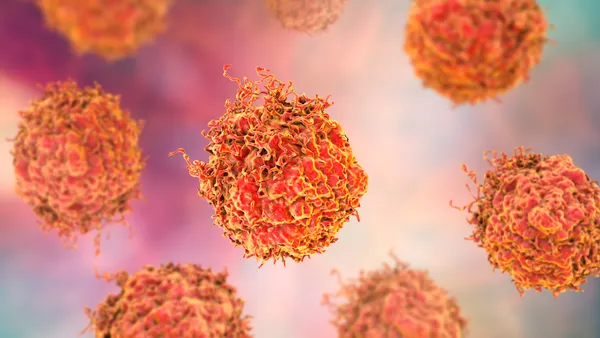Arthrosi Therapeutics has secured a nine-figure funding round to accelerate development of a new kind of gout medicine.
The San Diego-based biotechnology startup on Wednesday revealed it has closed $153 million in a Series E financing, which was led by Prime Eight Capital and involved a handful of other venture firms and existing investors.
Arthrosi will use the funds to advance what it’s billing as a potential step forward in care for gout, a form of arthritis triggered by a toxic accumulation of uric acid in the body. The condition, which most commonly impacts the big toe joint, is estimated to affect some 56 million people around the world and is known for the “gout attacks,” or sudden flare-ups of joint pain it causes.
Gout has long been typically treated with a drug called allopurinol that lowers levels of uric acid in the body. But that treatment doesn’t work for everyone, and there are limited options behind it, among them an infusible drug called Krystexxa that’s now owned by Amgen. Arthrosi is among those working on an alternative, a prospect it’s codenamed pozdeutinurad, or AR882.
Arthrosi’s drug is a newer twist on a kind of medicine that works by blocking a key transporter protein called URAT1, which regulates uric acid levels. An earlier URAT1 inhibitor, known as Zurampic and sold by AstraZeneca, was approved in 2015. But the drug was associated with kidney damage and pulled from the market four years later.
Arthrosi describes its drug, by comparison, as a “highly potent and selective next generation” URAT1 inhibitor that’s “potentially best-in-class.” It’s already completed mid-stage testing, and two Phase 3 trials are fully enrolled, with results expected in the second quarter of 2026.
The company isn’t alone. Dotinurad, a drug discovered by Japan’s Fuji Yakuhin and approved in the country in 2020, is also a more specific URAT1 blocker. It’s now marketed in multiple Asian countries and, last year, its U.S. and European rights were acquired by startup Crystalys Therapeutics, which launched with a nine-figure round of its own last month. Crystalys intends to start a global Phase 3 trial as well. Multiple China-based drug developers have newer URAT1 inhibitors in testing, too.








